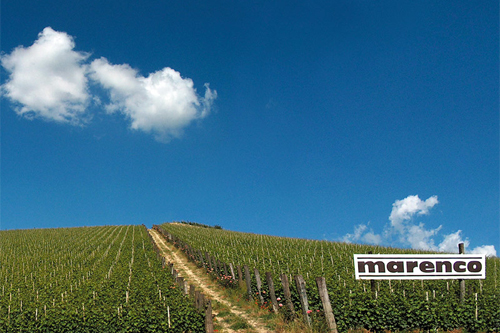
From grapes to wine. Intended for primary school children, but also for boys and girls, adults, elderly who, in every season of the year, want to examine in depth the life in the countryside, grapevine growing and transformation of grapes into wine. Farm teaching programme is based on production and processing, but wants to be also, for the older, an employment orientation «itinerary», with the intention to enhance viticulture as a way to protect the landscape. Grapevine is a symbol of the Mediterranean Sea and of our culture. The programme starts from the vineyard and ends, through games and tests, to cellar and wine. We refer to an «involving» didactics which is based on game and practice, intended both for children and adults.
Summary of a regular day: welcome in the farm; visit to the vineyards; return to the farm and visit to the cellar; packed lunch; laboratory game (yeasts, label drawing – adults only: wine tasting). We have covered outdoor (porch) and heated inner spaces, bathrooms for people with disabilities; we can accommodate up to 30 people. We created the Farming Culture Hall to show to young people the work of vine dressers at the beginning of the 20th century in the countryside and in the cellar. This is a way to show to young people that the work of their grandparents and great grandparents was hard but, at the same time, attractive. Whereas, adults will be nostalgic about machines and equipment dating back to the pioneers.
At the end, participants will be familiar with:
– Historical notes and curious facts about wine.
– The grapevine, its biological cycle, environmentally friendly farming, differences among grape bunches, grape harvest, how and when to harvest, late harvest, the tractor and main agricultural tools.
– The process from grapes to wine. In the cellar, we will describe winemaking tools for grape processing and vinification. Adults can take advantage of a minicourse on wine tasting to learn how to make out wine scents and flavours.
– How to produce a label, what it must imperatively include, insights into DOC-DOCG-IGT acronyms.
During harvest, children can crush the grapes with their feet and arrange a visit to check grape transformation into wine. Any other issue (history, botany, hygiene, dietetics) will be examined in depths on specific request of the classes. The programme can also be in English, with special attention to tourism and technical words.
Visits can be made all year round.
Marenco farm lies in Alto Monferrato; it is run by Marenco sisters, the fourth generation of this winery that has always put quality first. The love for our work, for land and nature brought us to spend a portion of our time teaching about environmental awareness, with the aim to create a balance between human beings and agricultural environment. The mutual respect enables to produce healthy food and drinks helping people to "live a better life".
